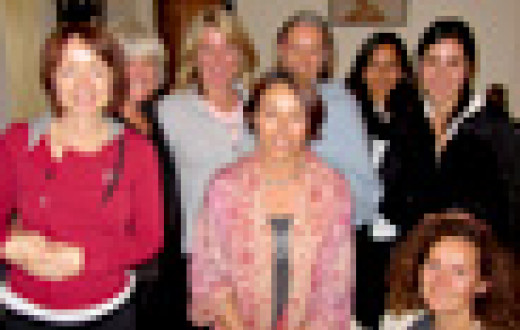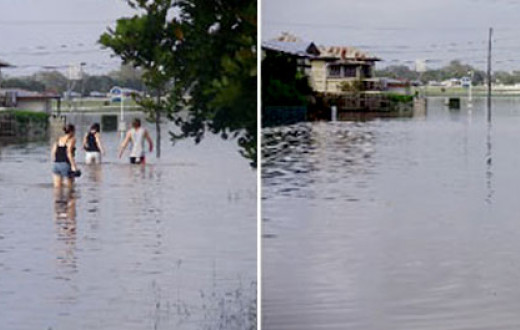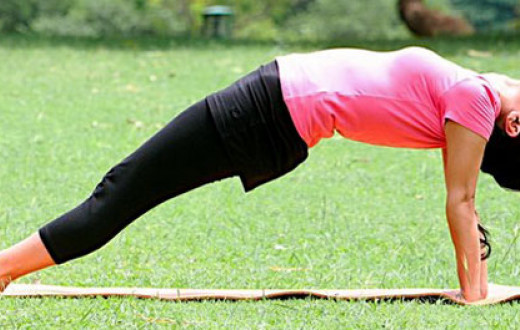In this digital age, it is difficult to keep children away from social media and Internet games. By the age of 6 or 7, most kids own a mobile phone. They are spending over 3 to 4 hours online daily. These statistics are shocking. We live in a world that is changing rapidly and information is flowing at terrific speed. This is the reason why parents are struggling to keep an eye on their children's digital life. The Blue Whale challenge is an example of how kids today need to be protected and taught important life skills, such as developing the ability to discriminate between right and wrong.
About the Blue Whale game
The Blue Whale challenge consists of the participant undertaking 50 tasks over a 50-day period and the last task is committing suicide. This game has gained popularity from France to Brazil among kids and is recently making headlines in India too. It preys on young minds. The series of challenges are provided by the curator, which includes handing over personal information, which is then used to coerce participants into fulfilling tasks such as self-mutilation and eventually also taking one’s own life.
Signs to watch out for
If a child exhibits any of these signs/behavior, it is time for a closer look:
Prefers to be alone, and refuses to interact with family and friends.
Often talks about death, or running away from home.
Changes in eating and sleeping habits.
Indulges in watching violent and unethical videos/movies.
Failing grades and skipping school/classes.
Physical signs of abuse or self-harm, cuts to the arms, or any other body parts.
Steps to protect your child from the Blue Whale game
Spend time with your children
It's best to build a friendly bond with kids since the beginning and let them know the reasons for your denial to do something they wish to. Communication is a powerful tool to teach children about right and wrong, along with the consequences of engaging in the wrong. In the transition from being kids to teenagers, it's crucial to give them the space to share their thoughts. Block unsuitable sites and help children differentiate between the right and wrong.
Stress-free parents
When parents are struggling with stress and anxiety, it harms the development of the child too. It is important to learn how to manage the mind and emotions in order to keep a peaceful and happy atmosphere where children thrive.
Yoga, meditation, and breathing techniques help create a happy atmosphere at home.
Special tips for parents
Discuss and reassemble priorities: The most critical element for emotional, life stability and happiness is human relationships, connectivity, empathy, acceptance, and support. This is vital to prevent tragedies such as the Blue Whale challenge.
Cultivate selflessness: The busier we get, the more time we need to make for others. Selflessness has to be a virtue that has to be taught young. It then not only becomes a way of life but is hugely empowering.
Be a part of sane society: The notion that pressure or tension or stress is a great motivator is absolute bunkum! We do this at every stage and at every level today. Get rid of this habit and replace it with understanding, and you will have a sane society.
- Dr. Prema Seshadri, psychologist, and counselor
Chanting, meditation, and yoga
Children are enthusiastic and energetic. As they are growing, helping them in using their energy for the right purpose is essential. This energy is also crucial for developing the sense of right and wrong. The Blue Whale challenge creates deep impressions in the minds of kids, harming their concentration, focus, and peace of mind. It affects their body, thoughts, emotions, and disturbs the right flow of energy.
Breathing exercises, yoga, and meditation helps to channelize the energy in the right direction. These techniques can channelize their energy, thus promoting the ability to discriminate between right and wrong.
Humming bee breath (Bhramari pranayama)
Alternate nostril breathing technique (Nadi shodhan pranayama)
Victory Breath (Ujjayi breath) - Ujjayi breathing is also extremely beneficial to channelize the energy in kids.
Some of the asanas that children can practice at home are:
Work closely with the school
This is one of the main places where their personalities are shaped. Everything they learn in a day is the building block to a socially, mentally, emotionally and physically balanced member of society. It is important for the parents to keep a close relationship with the school and the teacher for their child. This way, if there are issues that need to be addressed, the teacher will be the first point of contact for the parent.
For more parenting tips about how to deal with teenagers, please visit- https://www.artofliving.org/wisdom/theme/dealing-with-teenagers
With inputs from Dr. Prema Seshadri, Faculty, The Art of Living



























